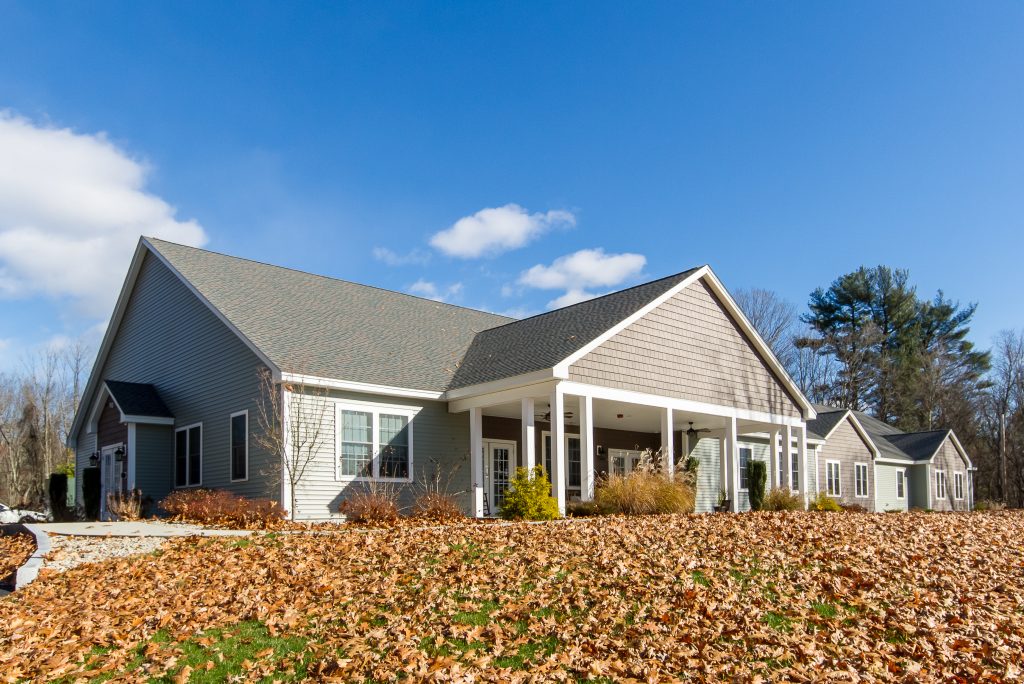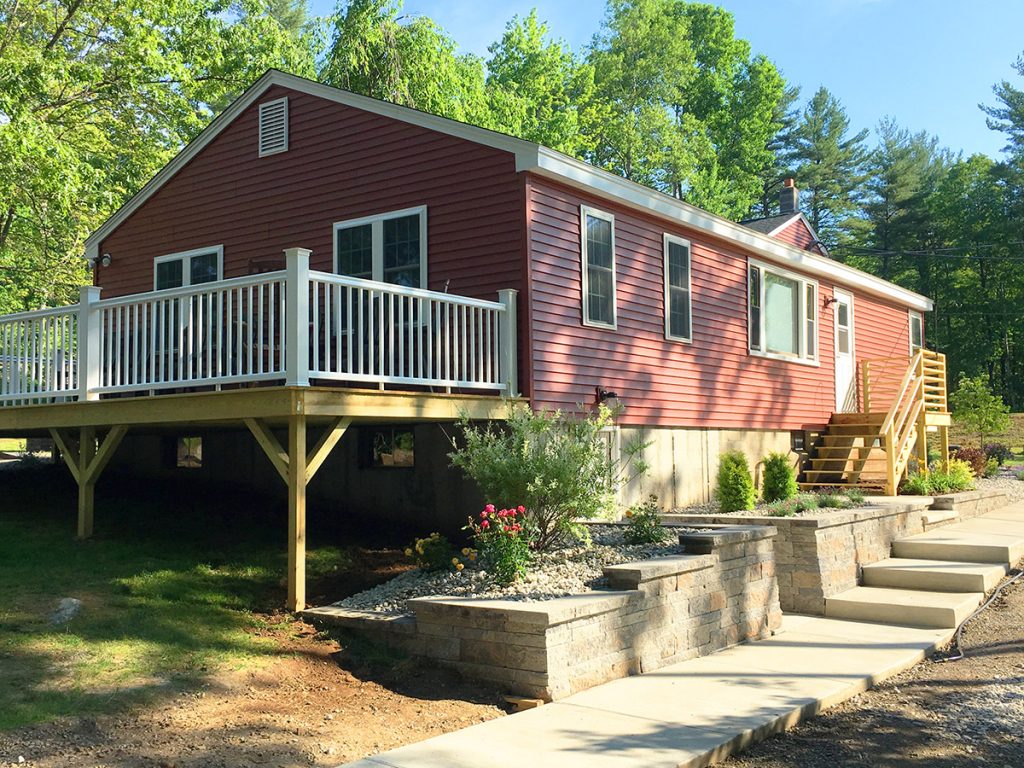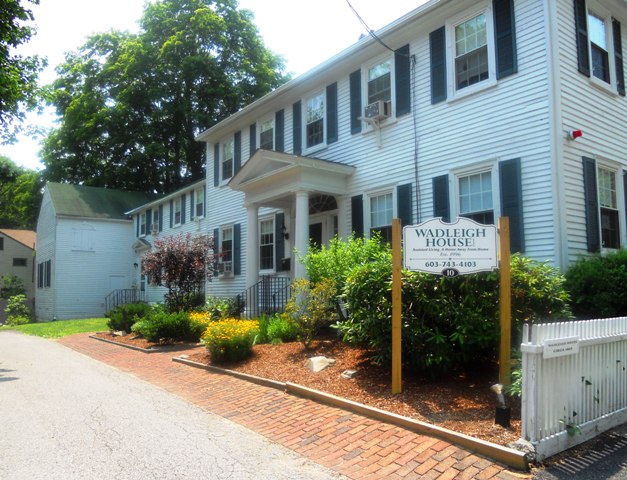
Boutique senior living residences offer smaller numbers of guests and often more home-like environments. While it’s important to find the right match for your parent, this means that they can be a great place for your aging loved one, and especially those with memory loss.
These five reasons to consider a boutique senior residence include quotes from Atul Guwande’s book Being Mortal: Medicine and What Happens in the End.
A lower resident-to-staff ratio means personalized care
Fewer residents for each on-duty staff member not only means that staff members are able to attend to immediate physical and medical needs; it also means that they are more able to learn details about your parent and help build and maintain routines. If your parent likes to dress in a certain way, or needs special care with certain foods, this can not only keep them healthy, but help them to feel happy and at home.
The personal touches and comfort of feeling like home
Many larger nursing homes, despite their name, don’t feel like home at all. According to Gewande, the most common complaint “is one I’ve heard often from nursing home residents I’ve met: ‘It just isn’t home.’”
Having a space that truly feels like home—from personalizing living spaces to having private rooms—allows residents to feel comfortable and start to engage more. For elders experiencing memory loss, this also helps to keep them connected to the space around them with reminders of the past.
A Holistic Approach to Care
We believe that physical care goes hand-in-hand with caring for our minds and emotions. Our guests have different interests and activities that have helped them feel fulfilled over the years, and even when some of those activities may no longer be possible, many still are. We encourage our guests to maintain activities of interest and find new ones, seeking out entertainment that is engaging rather than passive.
Deeper engagement and ongoing relationships with staff and residents
In larger nursing homes, staff often have very specific duties (like cooking, exercise, etc.), which limits the depth of their engagement and knowledge of residents. Under the companion model, caregivers are “encouraged to focus on just a few residents and to become more like generalists … As a result, they had more time and contact with each resident— time to talk, eat, play cards, whatever.”
While our staff often have specialized skills and areas of expertise, the companion model allows them to develop deeper and more meaningful relationships with guests, which in turn helps guests to continue building their life in their new home.
Personalized approach that considers both guests and their families
Often, adult children begin the process of finding alternative living options for their aging parents. As a result, “assisted living isn’t really built for the sake of older people so much as for the sake of their children.” While it is important that children are comfortable with the safety and security of their aging parents, smaller facilities can focus on the specific needs and desires of the guests who will be living there. This requires flexibility that is often not possible in larger facilities, to offer “places that put a person’s choices about how he or she wants to live first and foremost.”Moving into a senior living facility can be stressful for parents and children alike, but finding the right home can help ease that transition. Want to learn more? Check out our different facilities, and contact us to learn more!




